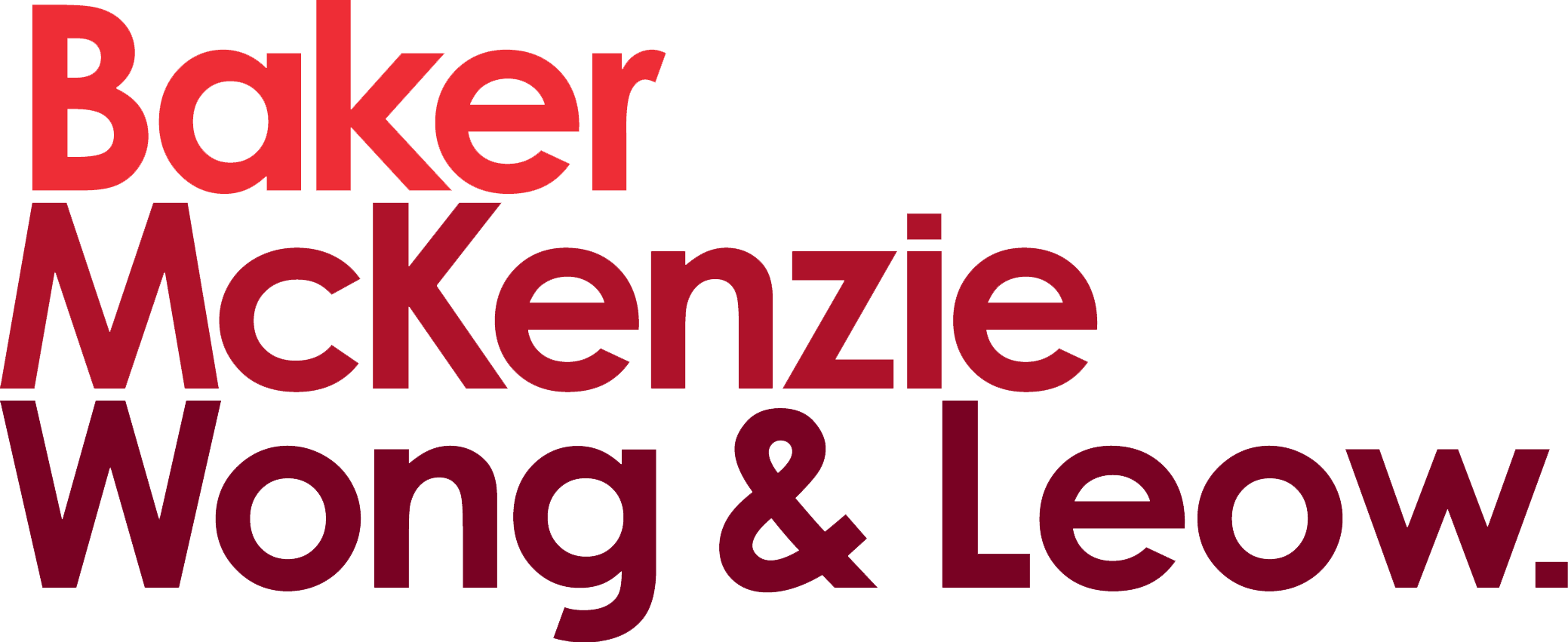In brief
Dong Wei v Shell Trading (Pte) Ltd and anor [2022] SGHC(A) 8 concerned an appeal from the decision of the Singapore High Court (SGHC) in a case relating to the termination of an employee’s employment without cause and with pay in lieu of notice, following two investigations into allegations of conflicts of interest. We had, in an earlier article, covered the lower court’s decision and explained its significance for employees and employers alike.
On appeal, the Appellate Division of the SGHC (SGHC(A)) had an opportunity to explore the Singapore position on various key aspects of employment law. The SGHC(A) provided guidance on the scope of an employer’s obligations to an employee who was the subject of internal investigations for wrongdoing and also discussed the applicability of the traditional tortious doctrine of res ipsa loquitur to leaks of confidential information. Finally, the SGHC(A) made significant observations on the implied term of mutual trust and confidence and its status under Singapore law.
Contents
Key takeaways
- The SGHC(A) has reminded employers to be mindful to treat their employees with dignity and respect even when parting ways with their employees. Even if an employer considers it to be neither meaningful nor productive to disclose the outcome of an investigation to an employee, they should consider whether the employee would consider it meaningful, productive or cathartic to be told the outcome.
- The existence of an implied term of mutual trust and confidence in contracts between an employer and employee remains unsettled law in Singapore. This is a significant observation in light of the fact that such an implied term is regularly referred to and/or relied upon by employees when asserting a breach on the part of an employer.
- The doctrine of res ipsa loquitur, as a form of evidential inferential reasoning (i.e., that the thing speaks for itself), is at present limited to accident and personal injury cases, and does not extend to leaks of confidential information.
Background
In a nutshell, Dong Wei was a former employee of the first defendant (“Shell“), and who was the subject of allegations by third parties for placing himself in a position of conflicts of interests. These allegations were made to Dong Wei’s manager in Shell (“Lim“). Thereafter, Shell set up an investigation committee and suspended Dong Wei with pay pending the outcome of the investigation via a notification letter, which stipulated that the outcome of said investigation would be made known to him in due course. Unfortunately, as it transpired, Dong Wei’s employment was eventually terminated without cause, with Shell paying him in lieu of his notice period. This was despite the fact that the investigator’s ultimate findings had been ‘inconclusive’ in relation to the allegations that had been levied against Dong Wei. Further, contrary to what was stipulated in the notification letter, Shell never made known to Dong Wei that the investigator had reached this conclusion; Dong Wei only learned of this fact in the course of court proceedings he had initiated against Shell at the SGHC. In these proceedings, Dong Wei brought an array of claims against the Employer, all of which were dismissed by the SGHC.
Dong Wei appealed against the SGHC’s decision. On appeal, Dong Wei once again raised multiple claims against Shell on the basis of breaches of contract and in tort. For a more comprehensive overview of the facts surrounding this case, please read this alert in conjunction with our earlier article, which can be found here.
Decision of the SGHC(A)
Given the high degree of overlap between Dong Wei’s various causes of action, the SGHC(A) thought it more appropriate to deal with his case on the basis of the three heads of losses that Dong Wei claimed to have suffered:
- damages flowing from Dong Wei’s allegedly wrongful suspension and Shell’s mismanagement of the investigation
- cash bonuses and share options he would have received or retained had he not been wrongfully terminated, or had his termination not been wrongfully brought about; and
- damages flowing from the stigmatisation he faces in the freight industry which has prevented him from securing new, comparable employment
The SGHC(A), affirming the lower court’s decision, dismissed Dong Wei’s claims, for the following reasons.
First and second heads of losses
The absence of any loss
The SGHC(A) found that even if Dong Wei’s allegations against the Shell were true, he had not suffered any loss. As a matter of general principle, an employee’s claim on the basis for wrongful termination is limited to the amount in lieu of notice which the employee is entitled to receive — this is what the SGHC(A) termed the ‘minimum legal obligation rule’. In this regard, Dong Wei had already been paid a full salary for the entire suspension period, and salary in lieu of notice. In the circumstances, Dong Wei had suffered no loss as a result of Shell’s dismissal of him without cause.
The SGHC(A) also rejected Dong Wei’s suggestion that an employer’s express right to terminate an employee without cause and with notice or pay in lieu of notice, was limited by a requirement that the employer not act arbitrarily, capriciously, or in bad faith in exercising such right. This rejection was based on the SGHC(A)’s finding that such a limitation of an employer’s rights would be inconsistent with parties’ freedom of contract (and conversely, to exit contracts).
Third head of loss
Further, the SGHC(A) dismissed Dong Wei’s appeal against his claim that he had suffered losses as a result of Shell’s failure to protect the confidentiality of the investigation. To prove causation in this regard, Dong Wei had attempted to rely on the legal doctrine res ipsa loquitur (i.e., the thing speaks for itself), by pointing to the fact that there had in fact been a leak, and thereby attempted to draw a presumption that Shell had caused the leak. However, the SGHC(A) agreed with the SGHC that the doctrine of res ipsa loquitur was limited to accident or injury cases and did not extend to a leak of confidential information and in any case, the elements for that doctrine were not satisfied on the facts. Further, contrary to Dong Wei’s assertions, the Court found that informing him of the outcome of the investigation would not have dispelled the misinformation that had leaked, which was what Dong Wei averred had impacted his job searches.
The SGHC(A)’s observations
Finally, the SGHC(A) took the appeal as an opportunity to make a few pertinent observations:
- The SGHC(A) reminded employers that employment is a ‘two- way relationship’, and urged them not to insist on their legal rights when it comes to informing an employee of the outcome of an investigation, and to treat their employees with dignity and respect even when the employment relationship is coming to an end.
- The SGHC(A) further noted that the SGHC had seemingly assumed that an implied term of mutual trust and confidence was a part of employment contracts under Singapore law. The SGHC(A), after a brief study of local and overseas jurisprudence on this implied term, found that the Singapore Court of Appeal had not yet expressly endorsed the acceptance of an implied term of mutual trust and confidence in employment contracts. Therefore, the Court noted that the status of the implied term of mutual trust and confidence is not clearly settled in Singapore, that it remains to be decided by the apex court (i.e., the Court of Appeal) when the appropriate case comes its way.
Conclusion
While the SGHC(A) affirmed that there is no strict legal restriction over an employer’s right to terminate an employee without cause, it reminded employers that they should be more transparent with employees over the outcome of investigations and to treat employees with dignity. Further, the SGHC(A)’s observations on the implied term of mutual trust and confidence may have far reaching consequences on how parties couch their claims in future employment disputes.

© 2022 Baker & McKenzie.Wong & Leow. All rights reserved. Baker & McKenzie.Wong & Leow is incorporated with limited liability and is a member firm of Baker & McKenzie International, a global law firm with member law firms around the world. In accordance with the common terminology used in professional service organizations, reference to a “principal” means a person who is a partner, or equivalent, in such a law firm. Similarly, reference to an “office” means an office of any such law firm. This may qualify as “Attorney Advertising” requiring notice in some jurisdictions. Prior results do not guarantee a similar outcome.





